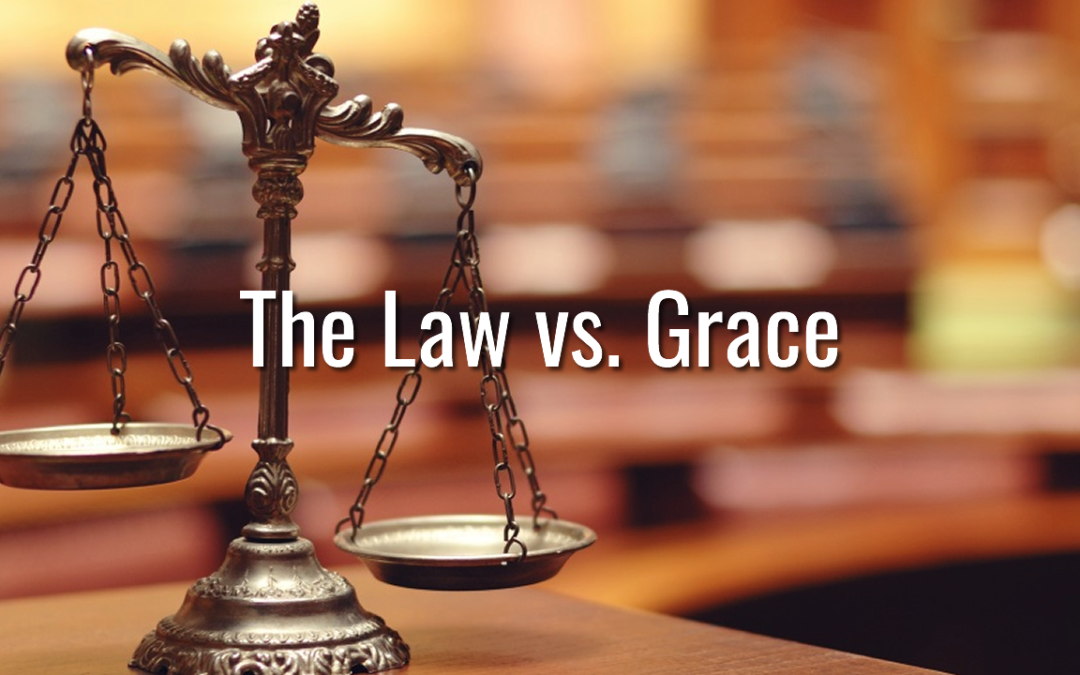What is the GOSPEL? I Corinthians 15:3-4 “For I delivered to you first of all that which I also received: that Christ died for our sins according to the Scriptures, and that He was buried, and that He rose again the third day according to the Scriptures…”
3 Elements Essential to the Gospel:
- Who Christ is – fully God and fully man, sinless and perfect. If He were any less He could not be our Savior.
- Who we are – hopeless sinners already condemned to eternal death – or we would not need to be saved.
- What Christ’s death accomplished – the payment of the full penalty for our sins – any attempt by us to pay in any way rejects the cross. “It is finished” = paid in full
The Three Tenses of Salvation “I have been saved; I am being saved; and I will be saved.”
- Past tense – You have been saved from the penalty of sin. Justification – by faith alone in Christ
- Present tense – You are being saved from the power of sin. Sanctification
- Future tense – You shall be saved from the presence of sin. Glorification
Paul made it plain that the Gospel was not an addendum to the law but the end of the law and the law’s fulfillment in Jesus Christ. The Gospel of Grace (Acts 20:24) is the antithesis of the law. “…everyone that believes is freed from everything which you could not be freed by the law of Moses.” For Paul the choice is grace or law, faith or works, Moses or Christ. Grace excludes works.
Grace is God’s answer to man’s pride. Good works do not make a good man; a good man does good works = true liberty. “Legalism always seems to take the heart out of Christianity and replaces it with a heart of stone. The heart of Christianity is God’s free grace in Jesus Christ. Let the law do its honorable work of showing a man his sin, but it can’t save a man from sin.” (Chuck Missler)
Examples:
OT – Rebellious son stoned Deut. 21:18 | NT – Prodigal Son forgiven Luke 15:20
OT – Adulterous stoned Lev. 20:10 | NT – “Go and sin no more.” John 8:11
The Law condemns and causes fear and bondage. Grace forgives and brings love and freedom.
- The Law is perfect; Which is why imperfect men cannot keep it.
- The Law is holy; Which is why sinners are condemned by it.
- The Law is just; Therefore it cannot show mercy to the guilty.
- The Law prohibits; Grace invites and gives.
- The Law condemns the sinner; Grace redeems the sinner.
- The Law reveals sin; Grace atones for sin.
- By the Law is the knowledge of sin; By Grace is redemption from sin.
- The Law was given by Moses; Grace and truth came by Jesus Christ.
- The Law demands obedience; Grace bestows & gives power to obey.
- The Law says, “Do and do not”; Grace says, “It is done.”
- The Law says, “Continue to be holy”; Grace says, “It is finished.”
- The Law curses; Grace blesses.
- The Law slays the sinner; Grace makes the sinner alive.
- The Law shuts every mouth before God; Grace opens the mouth to praise God.
- The Law condemns the best man; Grace saves the worst man.
- The Law says, “Pay what you owe”; Grace says, “I freely forgive you all.”
- The Law says, “The wages of sin is death”; Grace says, “The gift of God is eternal life.”
- The Law says, “The soul that sinneth it shall die”; Grace says, “Believe and live.”
- The Law was done away in Christ; Grace abides forever.
- The Law puts us under bondage; Grace sets us in the liberty of the sons of God (Rom 12:1).
“The gospels are like a tapestry woven together with two incredible points: the immeasurable value of each person and the unimaginable depth of God’s grace.” (Max Lucado)
(This is a summary of a Sunday School lesson by Charlene Moretz.)

